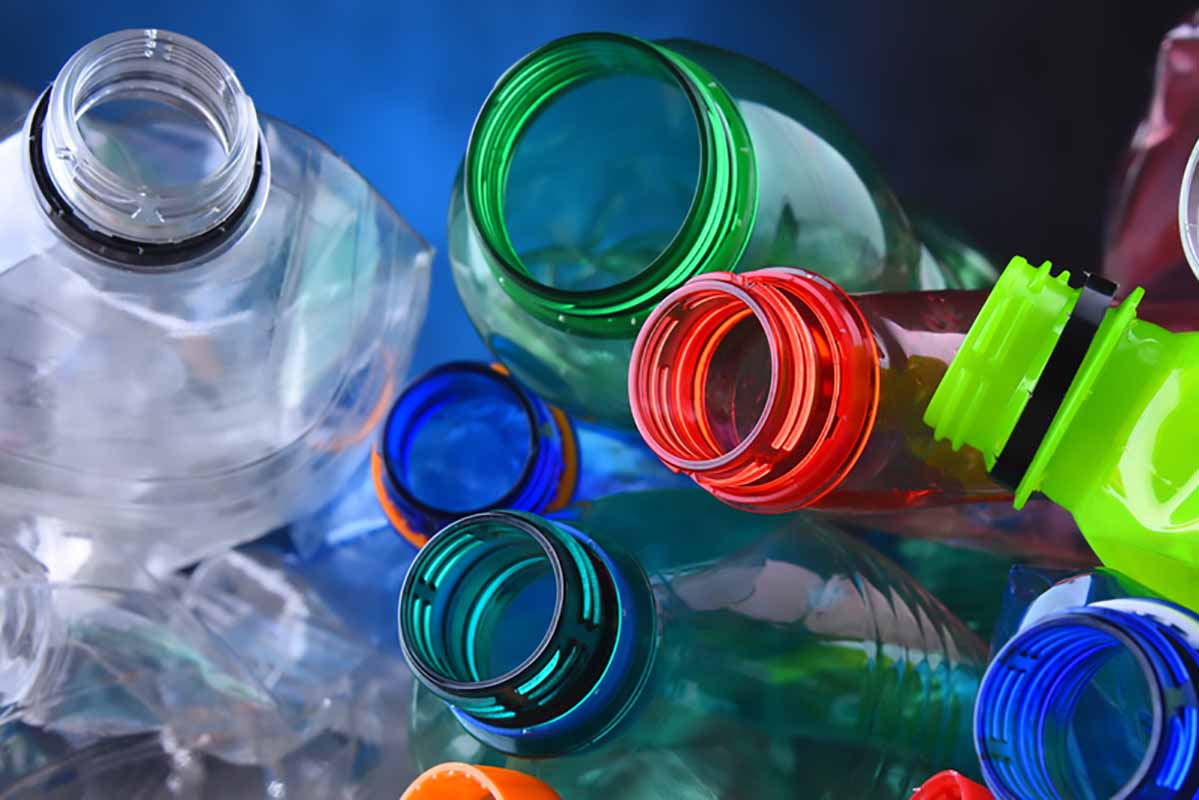
A handful of states have modernized their bottle bills in recent years, and pressure to enact programs in non-bottle-bill states appears to be growing, according to panelists on a recent webinar. | Monticello/Shutterstock
Deposit return systems are poised to take center legislative stage in the coming years, with strong potential benefits for the environment and economy, the Container Recycling Institute noted in a recent analysis and webinar.
The analysis from the Container Recycling Institute (CRI) estimated that modernizing Massachusetts’ bottle bill could divert 182,000 metric tons of greenhouse gasses per year and bring another 3.1 billion containers into the recycling stream.
Modernization would include expanding the program to cover noncarbonated beverages, wine and spirits, as well as increasing the deposit amount from 5 cents to 10 cents, the analysis noted.
Right now, about 22% of non-deposit containers are collected for recycling in Massachusetts, versus 38% of containers with a deposit. Based on data from Oregon and Michigan, if Massachusetts raised the deposit from 5 cents to 10 cents, the deposit container recycling rates could hit more than 80%.
Today, the state recycles about 1.48 billion containers per year between the bottle bill and curbside collection. That’s about 270 million plastic bottles, 926 million aluminum cans and 292 million glass bottles.
If modernized, the state could collect an additional 3.1 billion containers per year, an increase of 2.1 billion plastic bottles, 509 million aluminum cans and 373 million glass bottles, the analysis estimated.
Policy movement
A Dec. 7 CRI webinar laid out which states made updates to beverage container deposit laws this year and which are implementing past changes.
Susan Collins, CRI president, highlighted SB 353 and the implementation of SB 1013 in California, along with landmark SB 54.
In Connecticut, SB 895 updated 2021’s modernization overhaul law, HB 6671. Collins noted that SB 895 allowed retailers to sell out their beverage stock with older labels after the deadline, capped reverse vending machines (RVMs) at accepting 240 containers at one time and clarified that dealers and distributors must educate the public about the changes.
Iowa is implementing SB 2378, which passed in 2022, and New York passed a bill to try to prevent redemption fraud, Collins said. There’s also been federal congressional hearings on a national bottle bill.
Sarah Nichols, Sustainable Maine director at the National Resources Council of Maine, gave an update on the two bills Maine enacted this year around the deposit return system.
She likened them to “first aid and major surgery.”
LD 134 was an emergency bill that raised the handling fee to save redemption centers from closing.
“We were able to get them the money they needed to stay in business,” she said, on the condition that everyone committed to modernizing the entire program, which was “showing its age.”
LD 1909, the major surgery, overhauled the system without changing the deposit value. Notably, it removed the requirement that redemption centers sort by brand and required producers to form a cooperative to coordinate container pickup.
Growing momentum
Some states without deposit return systems are also looking to start such programs. Jed Thorp, Rhode Island state director for the Clean Water Action, said Rhode Island “is trying to be the next state to pass a bottle bill.”
“We do not have a bottle bill. We’ve never had a bottle bill, but we are surrounded by states in the region that do,” he said.
Opposition from liquor stores, food dealers and the beverage industry have complicated the process, Thorp said, but “nobody was outright opposed to the idea of doing a bottle bill.”
Most of the pushback is on the bill specifics, he added, which is why this year’s container deposit bill turned into a study bill. Under SB 5502, the legislature will get a report back by June 10, 2024 of what a bottle bill program for the state would entail.
“There’s a good likelihood we could get something passed next year,” Thorp said, because there are “solutions out there to all the concerns we’ve heard.”
All the panelists pointed to a changing container deposit system landscape, where there is less pushback from brands and producers than there used to be.
Nichols said she’s been “defending Maine’s bottle bill for 10 years” and in the last few years there’s really been a change in attitudes among beverage companies and producers.
“Producers are ready to come to the table now,” she said.
Thorp said the “increasing concern about plastic pollution” has led to a desire among state legislatures to find “real meaningful solutions, so I think bottle bills are coming back and finding some momentum.”
He said big industry lobbyists, such as the American Beverage Association (ABA), have also shown a softening stance, “which will make bottle bills somewhat more doable.”
A version of this story appeared in Plastics Recycling Update on Dec. 12.

